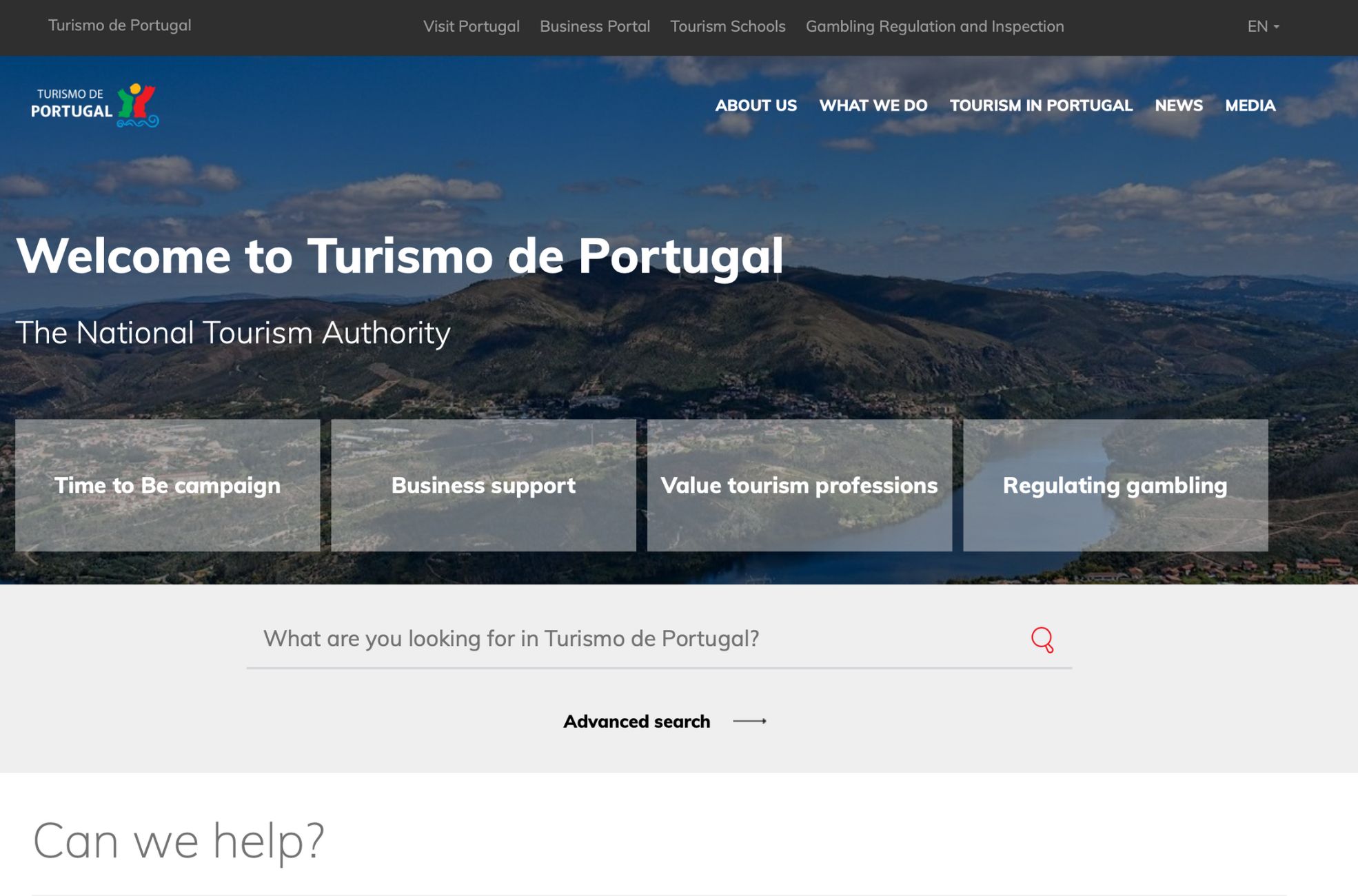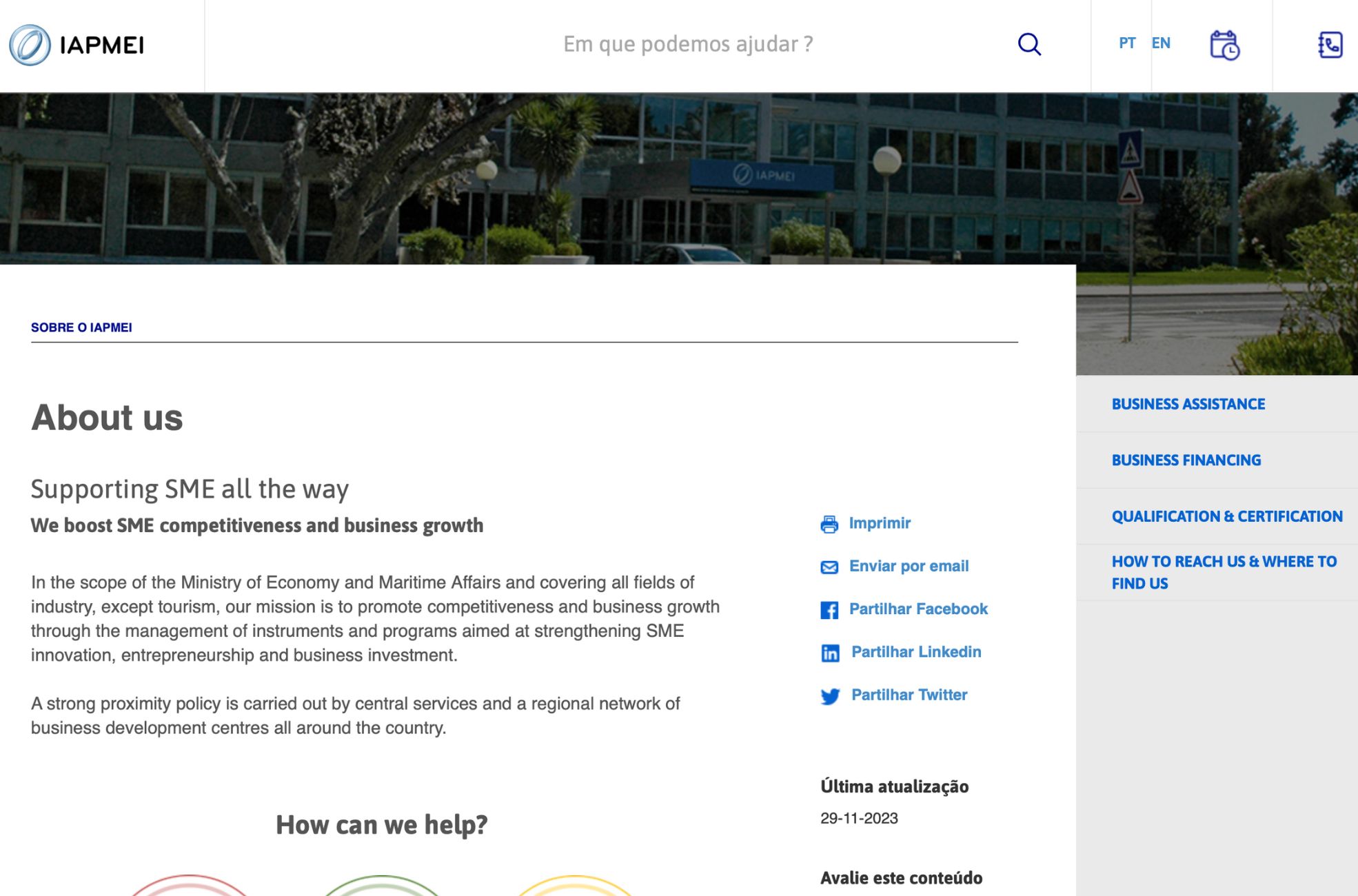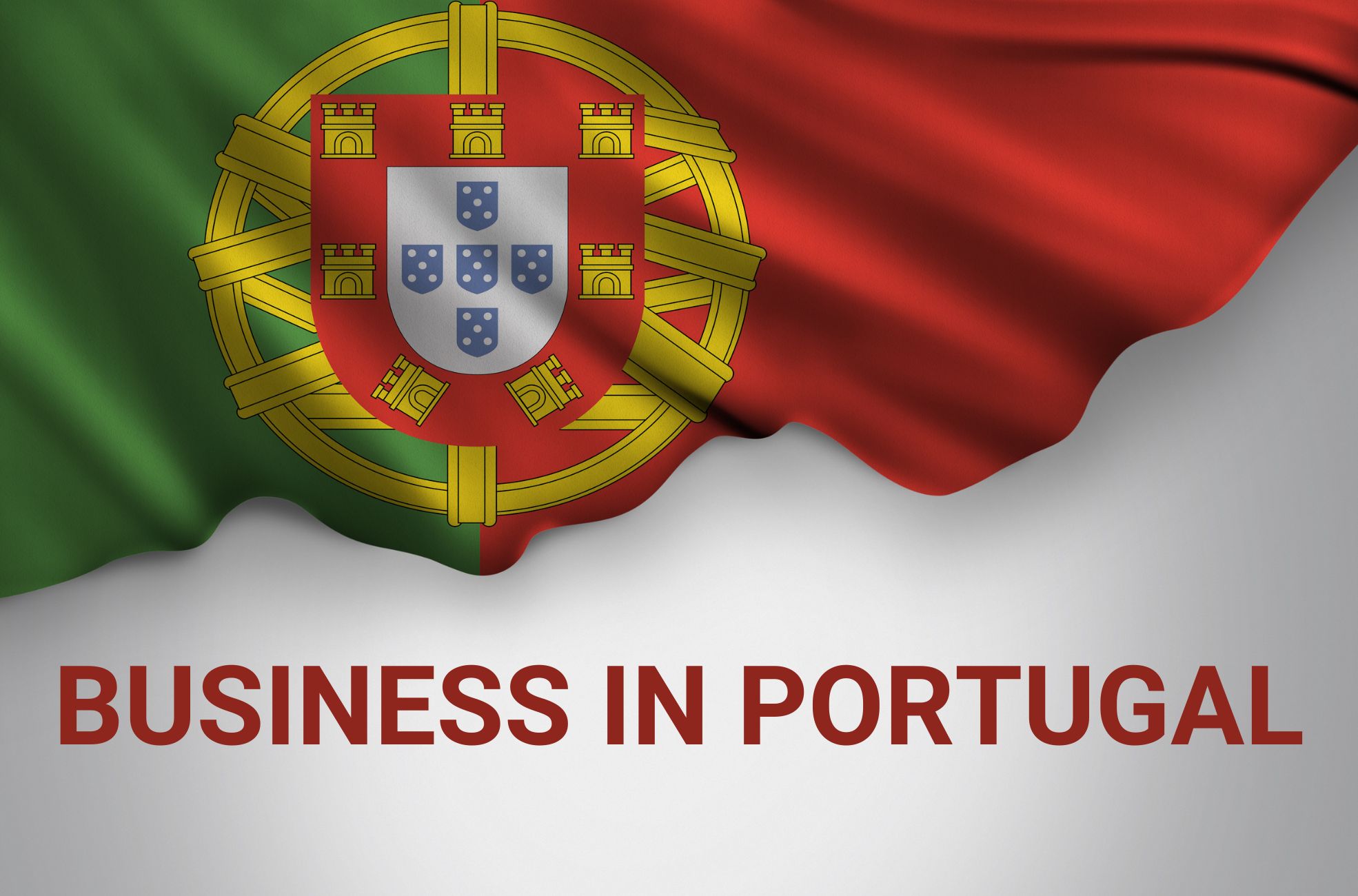Starting a business in Portugal as a foreigner offers an enticing blend of opportunity and challenge, providing access to a dynamic European market with a supportive entrepreneurial environment. Whether you want to tap into the country’s burgeoning industries or establish a European base for your global ventures, Portugal extends a warm welcome with its Golden Visa Program and various incentives. The process, while streamlined, requires navigating through a series of legal and regulatory steps, from obtaining residency to choosing the right business structure. This guide aims to demystify these procedures, offering practical insights into setting up a successful business in Portugal, harnessing local advantages, and integrating into the vibrant Portuguese economy.
Obtaining Residency Through The Portuguese Golden Visa Program
Investment Process For The Golden Visa Program
The Portuguese Golden Visa Program, officially known as the residence permit for investment activity (ARI), offers non-EU citizens a way to residency in Portugal through investment. Launched in October 2012, the initiative aimed to attract foreign capital, especially after the 2008 financial crisis. Suppose you’re a non-EU entrepreneur or business owner, including those from the United States. In that case, you’ve got a chance to start or expand your business ventures within Portugal.
You can qualify for the program with a minimum investment and create at least ten new full-time jobs in your Portuguese company. This boosts Portugal’s economic growth and sets up a solid base for your business in a new market. The program’s tax incentives are also a major draw, which can be a significant advantage if you’re considering a move.
Timeline For The Golden Visa Program
The Golden Visa Program’s timeline allows you to establish your presence in Portugal gradually. The initial Golden Visa residence card is valid for two years. During this time, you must spend at least 14 days in Portugal, allowing you to manage your business firsthand.
After the first two years, you’ll need to renew the residence permit for another two-year term with the same minimum stay requirement. After five years, which includes the initial period and the renewal, you can apply for permanent residency or citizenship in Portugal. This change also extends to your dependents under the program’s family reunification provisions. Dependents can include your spouse, minor children, dependent adult children, and dependent parents.
Significant changes to the program took effect in October 2023, phasing out real estate purchases and related funds as qualifying investments. However, some Portuguese funds still qualify for minimum capital investment, and other options remain. These include capital transfers of $540,000 or more into qualifying venture capital funds, job creation, and research activities.
Applicants must be at least 18 years old, have a clean criminal record in their home country and Portugal, and the investment funds must come from outside Portugal. The Golden Visa only grants tax residency if you spend over 183 days per year in the country. However, the non-habitual residency (NHR) program offers tax exemptions for the first ten years to those who become tax residents.
Given the significant investment for the Golden Visa, it’s smart to engage an experienced law firm to handle the due diligence, application, and renewal processes. Legal fees can range from $10,800 to $32,000 for a family of four over a five-year period. These fees aren’t typically paid all at once but are spread out in installments, which align with the program’s milestones. This payment structure can make managing the financial aspects of the Golden Visa easier for you.
Process Of Setting Up A Company In Portugal
Obtain Your Tax Number (NIF)
As a foreign entrepreneur, one initial step is obtaining a NIF. This identifier is essential for various transactions, including opening bank accounts and business assets. Both EU and non-EU citizens are eligible to apply. EU citizens must present a civil identity document or passport. In contrast, non-EU citizens are required to provide an identity document or passport and proof of legal residency.
Acquiring a NIF is free of charge. Non-residents can apply online through a fiscal representative.
Obtain A Social Security Number (NISS)
You will also need a NISS for social security entitlements and responsibilities. The application is available online for both foreigners and nationals. The process involves completing the necessary forms on the Social Security portal and attaching the relevant documents. There is no fee for obtaining a NISS, but the processing time can vary.
Open A Portuguese Bank Account
A bank account is essential for business operations. With a NIF in hand, individuals over 18 can initiate the process. Required documentation includes a valid photo ID, proof of address, proof of employment, and the NIF.
Name Your Company
Selecting a company name is crucial for your business identity. The RNPC is the authority where you apply to ensure the name is not already in use and adheres to legal standards.
Choose Your Business Structure Or Type
Selecting an appropriate business structure is vital for defining your company’s operational framework and legal duties. The LDA is popular for small businesses and individual investors due to its simplicity and liability protection. The SA is designed for larger enterprises. Other structures include the SE and the ACE, which are akin to domestic partnerships. The Simplex program facilitates the online incorporation of LDA and SAs in under an hour.
For branches of existing foreign companies here, the legal name must include “Sucursal em Portugal” to denote its status as a Portuguese branch.

Benefits Of Setting Up A Company In Portugal
Low Cost
The country’s CIT rate is flat at 21%, with the possibility of additional municipal taxes ranging from 1.5% to 7% based on your company’s last income tax amount. But these rates can be even lower in certain regions, giving businesses operating there a financial edge.
For example, companies in Madeira can enjoy tax benefits with a reduced CIT rate of 11.9% on taxable profits up to $27,000. And if you evolve into a Madeira IBC, you’re looking at a further reduced CIT rate of 5%. These incentives make Portugal an attractive destination for businesses aiming to cut operational costs.
Tax-Friendly Environment
The tax office of NHR status applies a reduced tax rate of 20% on earnings for up to 10 years. After the 2008 financial crisis, the government rolled out various tax incentives to promote sustainable growth, job creation, and corporate investment.
These include the Seed Programme, which backs capital investment in small innovative enterprises, and a variety of tax benefit schemes such as RFAI, SIFIDE II, DLRR, and incentives for companies settling in inland territories. Plus, the participation exemption regime allows for dividends received by companies from their subsidiaries to be tax-exempt under certain conditions, making the tax environment even more welcoming for businesses.
Reliable Banks
The stability and reliability of Portuguese banks significantly contribute to the country’s business-friendly atmosphere. As an investor, you can be confident that the social and business environment is stable, which in turn secures your investments. The banking system in Portugal is robust, offering a range of financial services to support businesses, including those owned by foreigners.
This reliability is key for entrepreneurs who need dependable financial partners to manage their capital and facilitate transactions.
Government Support
The Portuguese government actively supports entrepreneurship and technological innovation. It has launched various initiatives and programs to help start-ups and businesses, from tax incentives and funding opportunities to business incubators. For non-EU citizens looking to start a business in Portugal, the government offers specific residence permits designed for entrepreneurs and investors, such as the Start-up Visa.
These permits make the process of setting up and running a business in Portugal easier for foreign nationals. Moreover, the Golden Visa scheme provides a pathway for non-EU citizens to live and work in Portugal, requiring minimal residency each year. For larger investments, the Investor Visa outlines minimum capital investment requirements and job creation targets that, once met, grant the investor residency rights.
These government-backed programs show Portugal’s dedication to creating a supportive environment for foreign business owners.
Navigating the Regulatory Environment
Licensing and Permits
Understanding the regulatory landscape is crucial when establishing a business in Portugal, particularly in terms of licensing and permits. After securing the necessary personal identification and tax documents, delve into the specific requirements of your business sector. The DGAE is the go-to authority for determining the exact licenses your enterprise requires to ensure compliance with national standards.
Adherence to a range of laws is mandatory for digital businesses, including GDPR and directives concerning consumer rights, e-commerce, and unfair commercial practices. Compliance is essential for fostering consumer confidence.
Employment Law and Hiring
Familiarizing yourself with employment law is essential. Employers must register with the social security system and fulfill their contribution obligations. A monthly declaration of remunerations is also mandatory.
For recruitment, options include private firms, or the Instituto do Emprego e Formação Profissional, which provides complimentary recruitment services. Employers must adhere to mandatory insurance policies like workplace accident insurance and may consider additional coverage such as health insurance.
Financial support for new ventures is available from entities like IAPMEI, Turismo de Portugal, and AICEP, offering both fiscal assistance and expert guidance, which is beneficial, particularly for entrepreneurs under 30.
Import/Export Regulations
Understanding the nuances of import and export regulations is vital for businesses involved in international trade. Familiarity with IRC, IVA, and customs duties is necessary for smooth operations. The Derrama is an additional tax based on profits.
Establishing a branch office or subsidiary is a strategic move for international companies entering the market. A branch is an extension of the parent company without a separate legal identity. In contrast, a subsidiary is a distinct legal entity under Portuguese tax laws.
Compliance and Standards
Adhering to local standards and regulations is integral to business operations. Recognition by the Portuguese Association for Business Ethics can enhance your company’s standing and align with national sustainable development goals.
Post-establishment, it’s imperative to engage a certified accountant and register the personal assets of the beneficial owner with the Central Register of Beneficial Ownership within 30 days. This step is part of a broader compliance framework encompassing IRC, IVA, and other fiscal responsibilities.

In-Demand Industries In Portugal
Tourism Industry
The allure of Portugal’s historical sites, cultural vibrancy, and picturesque settings has positioned it as a prime location for international tourists. The rapid expansion of the tourism sector has been a significant contributor to the nation’s economic fortitude and employment landscape.
The ripple effects of tourism have catalyzed the growth of ancillary sectors, including hospitality, recreational activities, and transport services. The nation’s commitment to safety and high-quality service provision, as exemplified by carriers such as TAP Air Portugal, has reinforced its appeal as a leading travel destination. The sector’s robust performance is a testament to Portugal’s effective leveraging of its inherent and cultural resources to attract a worldwide clientele.
Agriculture Industry
The agricultural sector continues to be a cornerstone of Portugal’s economy, with the nation’s terrain and climatic conditions conducive to diverse farming activities. Beyond its renown for being the top cork producer, thanks to companies like Corticeira Amorim, the agricultural landscape is diverse, encompassing the cultivation of olives, wine, fruits, and grains. The Ribatejo and Alentejo areas are particularly recognized for their prolific output.
The sector’s contribution extends beyond domestic consumption to include a substantial share of the nation’s exports, primarily to other EU countries. The enduring nature and versatility of the agricultural industry have been instrumental in sustaining rural populations and maintaining Portugal’s agricultural traditions.
Port Logistics and Precious Metals
Portugal’s geographical positioning along the Atlantic seaboard has historically established it as a central node for maritime commerce. The port logistics sector is a critical component of the economy, facilitating the transit of goods and fortifying international trade connections. The ports serve as crucial conduits for both inbound and outbound trade.
In addition to general cargo, Portugal is active in the precious metals industry, with entities like Sovena and Secil making significant strides on the international stage. The logistics sector’s proficiency and interconnectedness are crucial for the distribution of these valuable commodities, ensuring Portugal maintains its position in the global marketplace. The integration of advanced technologies and methodologies in port logistics has enhanced the nation’s capacity to manage a varied assortment of goods, including outputs from its primary industries.
Launch Your Portuguese Venture
Starting a business in Portugal promises a path paved with opportunity for foreign investors. From the streamlined processes for company setup to the financial incentives at your disposal, Portugal extends a welcoming hand to entrepreneurial spirits from across the globe. With a dynamic economy, a supportive government, and a strategic position in Europe, your business can thrive amidst culture-rich landscapes and a forward-looking market.
Whether it’s tapping into the buzzing tourism and agriculture sectors or leveraging the advanced logistics infrastructure, Portugal offers a fertile ground for your ambitions. Success lies in carefully navigating the legal framework and understanding the local business environment. Embark on your Portuguese business journey with confidence, and embrace the potential that awaits under the Iberian sun.
FAQs
Can a US citizen open a business in Portugal?
Yes, a US citizen can open a business in Portugal. They can enter Portugal without a visa and stay for up to 90 days. For longer stays, they may need to obtain a residence permit or visa through the Golden Visa Program, which allows investing in the country’s economy, including opening a business.
How much does it cost to start a business in Portugal?
The cost to start a business in Portugal can vary. For example, registering a company online costs around $390, and the process can be completed in 1-2 days. The minimum authorized capital for a private limited company (LDA) is $5,400. Other costs may include legal fees, office rental, and expenses related to obtaining necessary permits and licenses.
Can a non-resident set up a company in Portugal?
Yes, non-residents can set up a company in Portugal. They can opt for structures like a sole proprietorship or a LDA. Non-EU residents will need a local tax agent to obtain a Tax ID, which is mandatory for company registration. The registration process can be done in person or online.
What business is in demand in Portugal?
The tourism industry is highly in demand in Portugal, contributing significantly to the GDP. Investment in the hotel industry is popular, particularly in areas like the Riviera, Algarve, Azores, and Madeira. Other industries such as agriculture, grape growing, wine production, fishing, and port logistics also attract investment.
Which business is most profitable in Portugal?
Portugal’s most profitable business sectors are generally linked to its robust tourism sector. Investment in the hotel industry, particularly in tourist hotspots, is highly profitable. Additionally, industries like agriculture (including wine production) and port logistics are notable for their profitability.





